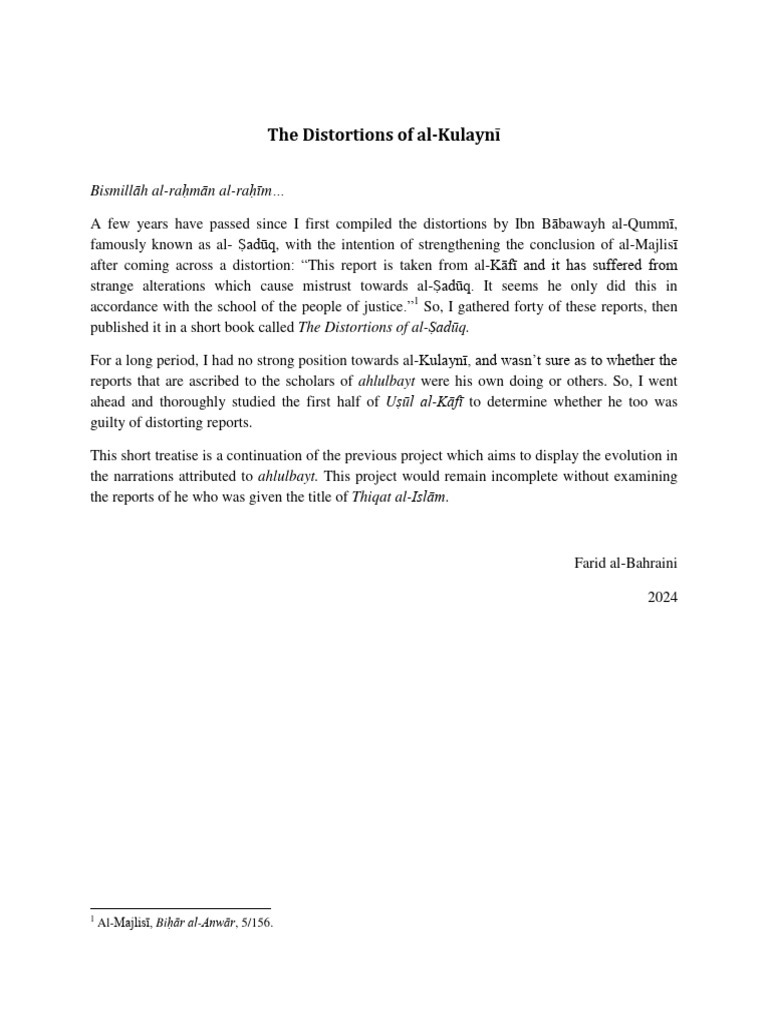Shia teachings hold a profound place in Islamic discourse, with many scholars contributing to the corpus of knowledge that defines the sect’s beliefs and practices. One formidable figure in this intellectual tradition is Muhammad b. Yaqub al-Kulayni, who played a crucial role in codifying the teachings of Shia Islam. His magnum opus, the “Al-Kafi,” remains a cornerstone of Shia jurisprudence and theology. This article delves into the significance of al-Kulayni’s contributions, the content one can expect from his works, and the broader implications of his teachings within Shia thought.
1. Historical Context of Al-Kulayni
Born circa 864 CE in the region of Al-Kufa, al-Kulayni’s life unfolded during a time marked by political upheaval and religious strife. The Abbasid Caliphate was at its zenith, embroiled in conflicts with the emerging Shia identity. Al-Kulayni’s scholarly pursuits were deeply intertwined with the socio-political realities of his era, as he sought to preserve and disseminate Shia teachings amid adversity.
He studied under prominent scholars of his time, which enriched his understanding and facilitated the compilation of Hadith literature relevant to Shia Islam. This endeavor was particularly critical as Shia Muslims faced oppression, necessitating a systematic approach to maintain their theological heritage.
Tags
Share this on:
[addtoany]


